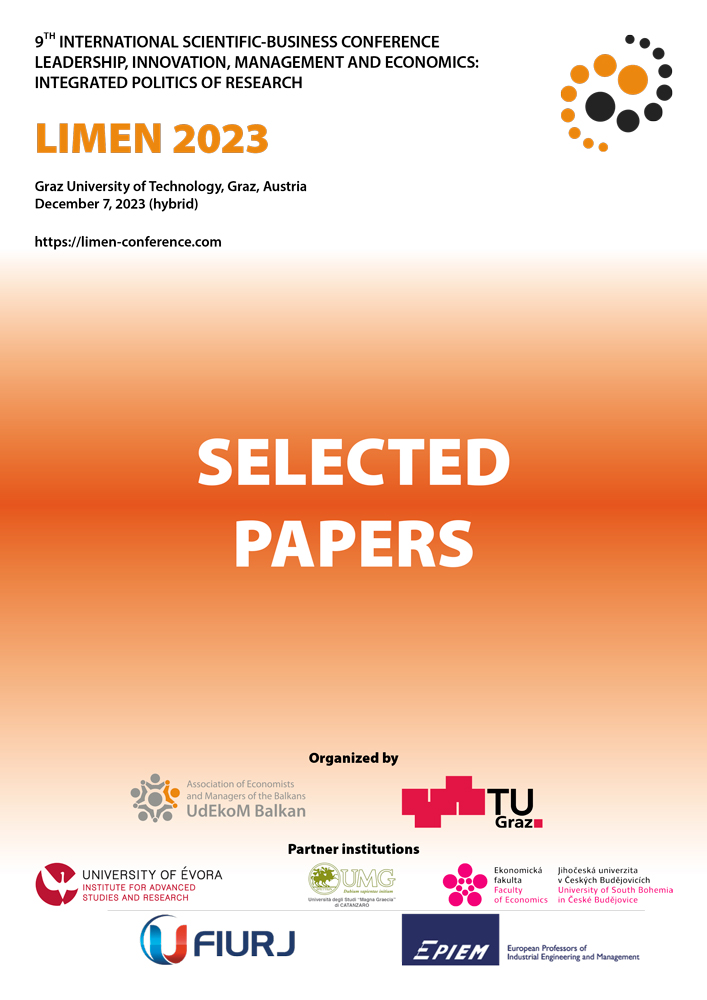Eco-Innovation in the Accommodation Sector in Albania
Eco-Innovation in the Accommodation Sector in Albania
Author(s): Shyquri Llaci, Blanka Hhani
Subject(s): Social Sciences
Published by: Udruženje ekonomista i menadžera Balkana
Keywords: Eco-Innovation; Accommodation sector; External and internal barriers; Drivers’ factors eco-innovation
Summary/Abstract: Limited research examines eco-innovation in developing nations, especially when it comes to a country like Albania. Therefore, in order to close this gap, the purpose of this paper is to analyze the barriers and driver factors to eco-innovation in the accommodation sector in Albania. It was conducting a qualitative-method approach, with a multiple-case study of six big hotels in Albania. The authors for data collection in this study used an in-depth interview with the managers, and the main research question was “What are the drivers’ factors and barriers of eco-innovation in the accommodation sector in Albania? The interview includes both closed- and open-ended questions: the interview begins with closed-ended questions, which were used to give an overall orientation to the respondents, and after open-ended questions to offer them an opportunity to elaborate on their response and to see things from their perspective of view. Despite the eco-innovation advantages, the Albanian hospitality industry has not yet adopted them widely due to several internal and external barriers. The internal barriers are identified as lack of awareness and education for the potential benefits of eco-innovation, cost constraints because implementing eco-friendly practices and technologies often requires an initial investment that some businesses may find challenging, limited technical expertise as hotels may need the technical expertise to implement eco-innovations effectively. Regulatory challenges in Albania as a candidate country for the European Union can be seen as an external barrier because the legal system exists, but the executive system doesn’t work properly in the actions of environmental laws. But also, it can be seen as an incentive to shorten the time of adaptation of environmental laws because the influence of EU regulations might result in strengthened environmental protection measures in Albania. This could include improvements in waste management, energy efficiency, and other eco-friendly practices. Another external barrier is infrastructure limitations, and access to financing as many accommodation providers, especially smaller ones, may struggle to secure financing for eco-innovation projects. Access to loans or grants for sustainable initiatives can be limited or the a lack of incentives from the Albanian government to be green, such as fiscal incentives for companies that have a higher approach to eco-innovation. As a result, by highlighting the impact of eco-innovation practices on the relationship between the drivers of eco-innovation and the performance of hospitality companies, this research contributes to the repository of knowledge related to hospitality management and eco-innovation. Additionally, the authors have identified the main barriers to greater adoption of eco-innovation techniques in products and processes and addressed the primary concerns with the relevant stakeholders.
- Page Range: 69-78
- Page Count: 10
- Publication Year: 2023
- Language: English
- Content File-PDF

